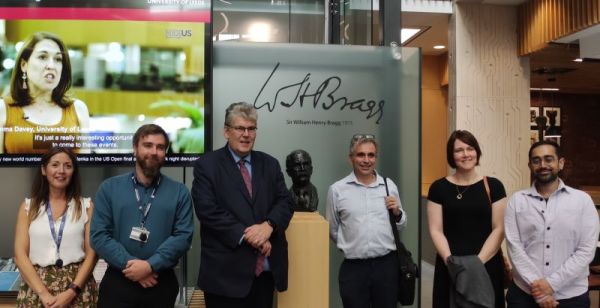
Chief Scientific Adviser visits to discuss Net Zero
The Chief Scientific Adviser for Energy Security and Net Zero (DESNZ) has visited the University of Leeds to meet researchers at the forefront of tackling climate change.

The Chief Scientific Adviser for Energy Security and Net Zero (DESNZ) has visited the University of Leeds to meet researchers at the forefront of tackling climate change.
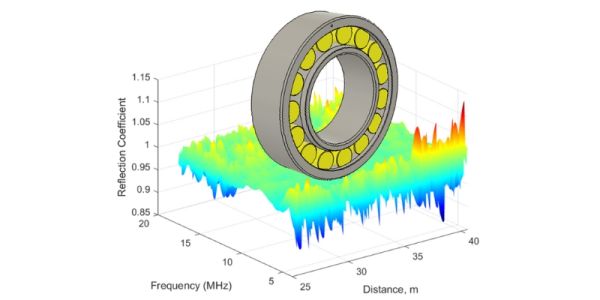
It’s hip without the hop – a research manager from the University of Leeds has been creating music from an unlikely source.
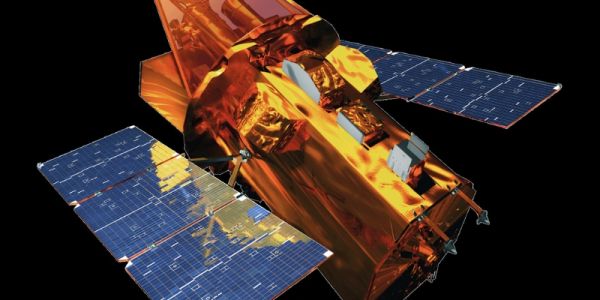
A ravenous black hole in a galaxy close to ours is taking bites out of a star like the Sun every time it orbits, new research has revealed.
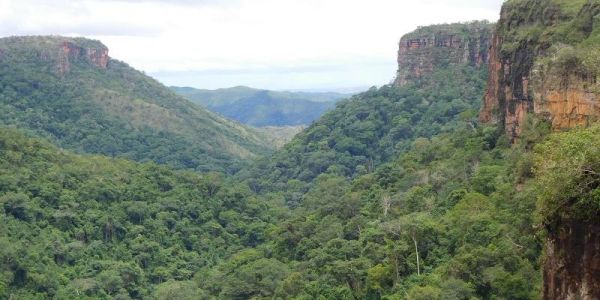
Tropical forests in South America lose their ability to absorb carbon from the atmosphere when conditions become exceptionally hot and dry, according to new research.

Patients living with one of the UK’s most common heart rhythm conditions are 50% less likely to die from a heart attack or stroke than they were at the start of the millennium, new research has found.
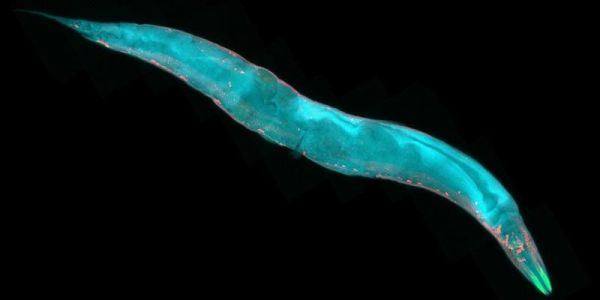
The University of Leeds has collaborated with a leading American institution on research that helps to crack the code that relates brain and behaviour.
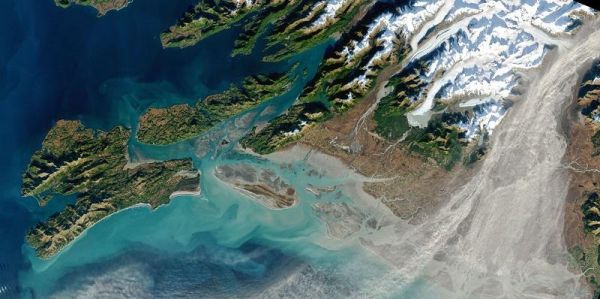
Giant dust storms in the Gulf of Alaska can last for many days and send tonnes of fine sediment or silt into the atmosphere, and it is having an impact on the global climate system, say scientists.

An unusual case of a Long Covid patient’s legs turning blue after 10 minutes of standing highlights the need for greater awareness of this symptom among people with the condition, new research shows.

One of the biggest obstacles to the uptake of plant-based alternatives to meat is their very dry and astringent feel when they are eaten.
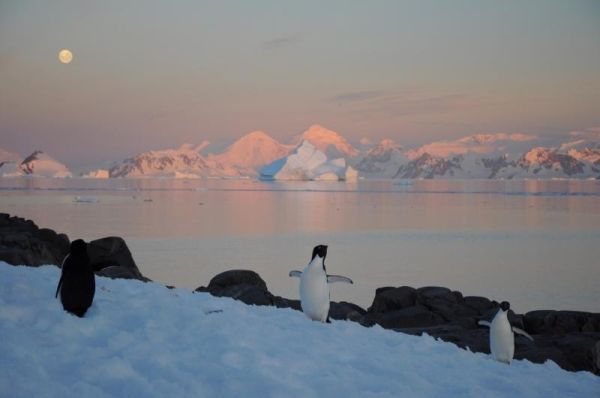
With world attention on recent wildfires and floods in North America, Europe and China, people should not overlook the devastating impact of climate change in Antarctica, scientists have warned.